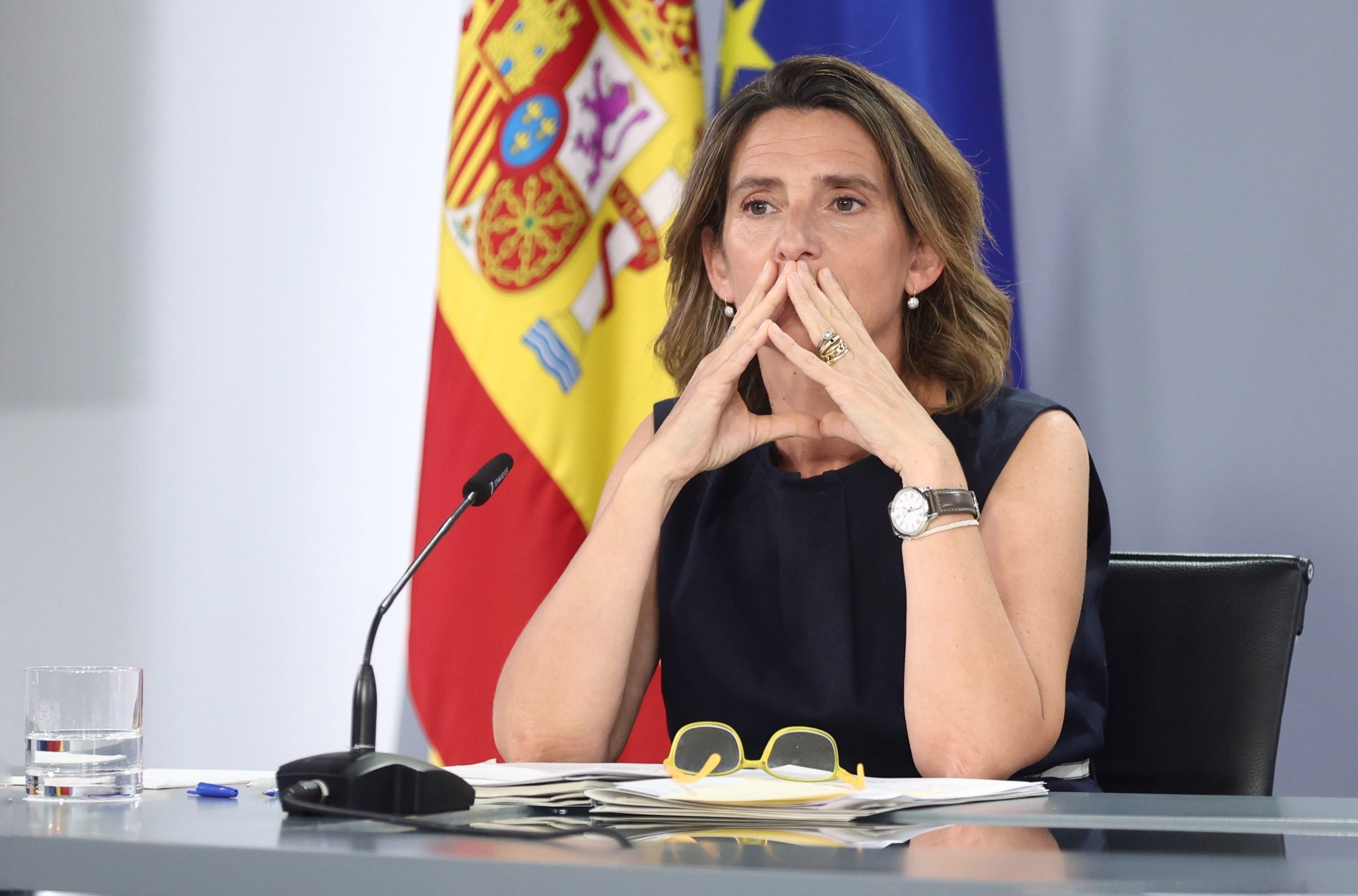A week after its decree on energy saving measures was approved, the Spanish government met with the 17 autonomous communities this Monday in the face of criticisms and requests for modifications. The result of the meeting, however, was not satisfactory for those who expected the entry into force of the new regulations to be delayed, such as Catalonia which had asked for more time, nor for the regions governed by the People's Party (PP), which demanded that the decree be withdrawn. Energy minister Teresa Ribera announced at the end of the meeting that the plan has not been not modified in any way and that the measures will come into force this Wednesday, August 10th, as intended. Thus, the meeting was essentially informative and enabled the autonomous communities to resolve doubts on the details, but it did not involve a process of hearing requests and modifying content.
Ribera, the third-ranked of Spain's three deputy PMs, wanted to emphasize that this is not a regulation that seeks to punish, but a means of channeling collective effort to meet the challenge agreed with Brussels to reduce gas consumption by 7%. "We have tried to communicate the significance of the situation from the start. That is why we had meetings with different sectors, with the different parliamentary groups, with the autonomous communities and with the Spanish Federation of Municipalities," clarified the minister to defend herself from the barrage of criticism that has rained down on the government over the approval of this new regulation via decree law, without reaching a consensus with all of those affected. Last Friday, the minister clarified that there was some flexibility built into the most controversial measure, the setting of a minimum 27 degree Celsius level for air conditioning in business, which in fact can be adjusted down to 25 degrees in bars, restaurants and other premises where the activity is not "sedentary".
Minister criticizes PP's stand
In the press appearance after the meeting, Ribera took the opportunity to criticize the attitude of the PP, which has adopted the approach taken to the measure of Madrid regional president Isabel Díaz Ayuso and asked the Spanish government to withdraw the decree. The minister made a clear reference to the Madrid leader when she expressed surprise at the attitude of some who, even before the end of last week's cabinet meeting, were already saying that "Madrid would not switch off", as she put it. "We were also surprised that their rhetoric has oscillated, first saying this, then that they would apply the measures but not fully, and now they are demanding that we withdraw the decree."
This attitude of the PP, in Ribera's opinion, is far from the opinion of the Spanish public on the measures: "I think that, in general, Spaniards realize what the situation is, that reducing consumption allows us to stand up to Putin's blackmail and stand alongside Ukraine."

